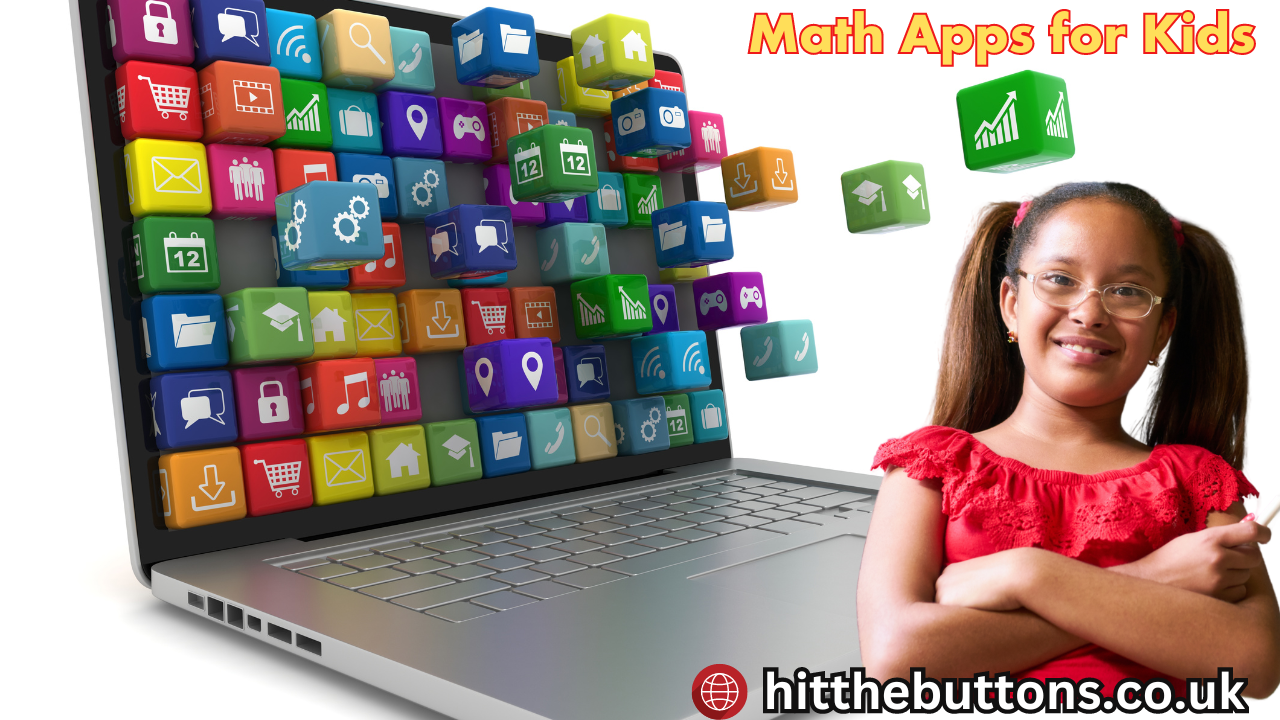Math skills are more than just numbers on a page; they form the building blocks for problem-solving, critical thinking, and everyday decision-making. Kids in elementary school can benefit immensely from a variety of engaging methods to learn math. Enter the world of best free math apps for kids in elementary school, which transform learning into an interactive adventure. Not only do they make math fun, but they also cater to different learning styles, helping children grasp concepts at their own pace.
Why Use Math Apps?
Engaging Learning Environment
Who doesn’t love a good game? Math apps turn learning into a playful experience, making it easier for kids to stay focused and motivated. With colorful graphics and interactive challenges, like the popular maths game hit the button kids often forget they’re studying!
Flexibility and Accessibility
These apps are available on various devices, whether it’s a tablet, phone, or computer. Kids can learn anytime and anywhere—perfect for busy schedules or during downtime. Plus, they can practice at their own pace, revisiting tricky concepts as often as they need.
Top Free Math Apps
1. Prodigy Math
Features
Prodigy Math offers a fantasy-style game where kids can practice math skills through fun challenges. They can earn rewards, which keeps them coming back for more.
Age Range
Best suited for kids from grades 1 to 8, making it versatile for different age groups.
2. SplashLearn
Features
SplashLearn provides a comprehensive curriculum that covers various math topics. Its adaptive learning path ensures that kids progress based on their skills.
User Experience
The colorful interface and interactive elements create an enjoyable learning atmosphere, encouraging regular practice.
3. Khan Academy Kids
Features
This app offers a wide range of subjects, with math being a major focus. It includes video lessons, practice exercises, and stories that make learning engaging.
Educational Value
Kids can develop a strong foundation in math concepts while also exploring other subjects, all for free!
4. Math Kids
Features
Math Kids gamifies math with puzzles and challenges that test addition, subtraction, and more. Its easy-to-use interface is perfect for younger children.
Game Mechanics
Kids solve problems to advance through levels, making practice feel more like playtime.
5. Zearn
Features
Zearn aligns closely with the Common Core curriculum, providing structured lessons and activities. The app offers engaging videos and hands-on activities to reinforce learning.
Curriculum Alignment
Teachers and parents alike appreciate the structured approach to math education that Zearn offers.
Additional Free Math Resources
Websites
Beyond apps, there are numerous websites that offer free math resources. Sites like Cool Math Games and Math Playground provide interactive games that make math fun.
Printable Worksheets
For offline learning, sites like Education.com offer printable worksheets. These can be great for extra practice or to mix things up from screen time.
Tips for Parents
Monitoring Screen Time
While apps are fantastic, it’s important to balance screen time with offline activities. Set daily limits to ensure that kids are also engaging in other forms of learning.
Encouraging Offline Practice
Encourage your child to apply their math skills in real-world situations, like cooking or shopping. This makes math more relatable and helps solidify their understanding.
Conclusion
Exploring math apps can unlock a world of fun and interactive learning for kids in elementary school. By combining traditional methods with innovative technology, parents can create a rich educational environment. So, why not encourage your child to pick one of these apps today and embark on a math adventure?
Best Free Math Apps for Kids in Elementary School FAQs
-
What are the best free math apps for preschoolers?
Some top choices include “Endless Numbers” and “Duck Duck Moose’s Moose Math,” which are engaging and age-appropriate.
-
Are these apps suitable for all learning styles?
Yes! Many apps offer different types of games and activities that cater to various learning preferences, from visual to kinesthetic learners.
-
How can I support my child’s learning with these apps?
Set aside dedicated time for app usage, discuss what they learned, and encourage them to explain concepts back to you.
-
Can these apps replace traditional learning methods?
While apps are great supplementary tools, they work best in combination with traditional learning methods to reinforce concepts.
-
Where can I find more resources for math learning?
Websites like Khan Academy and IXL offer a variety of free resources, including video lessons and practice exercises.
